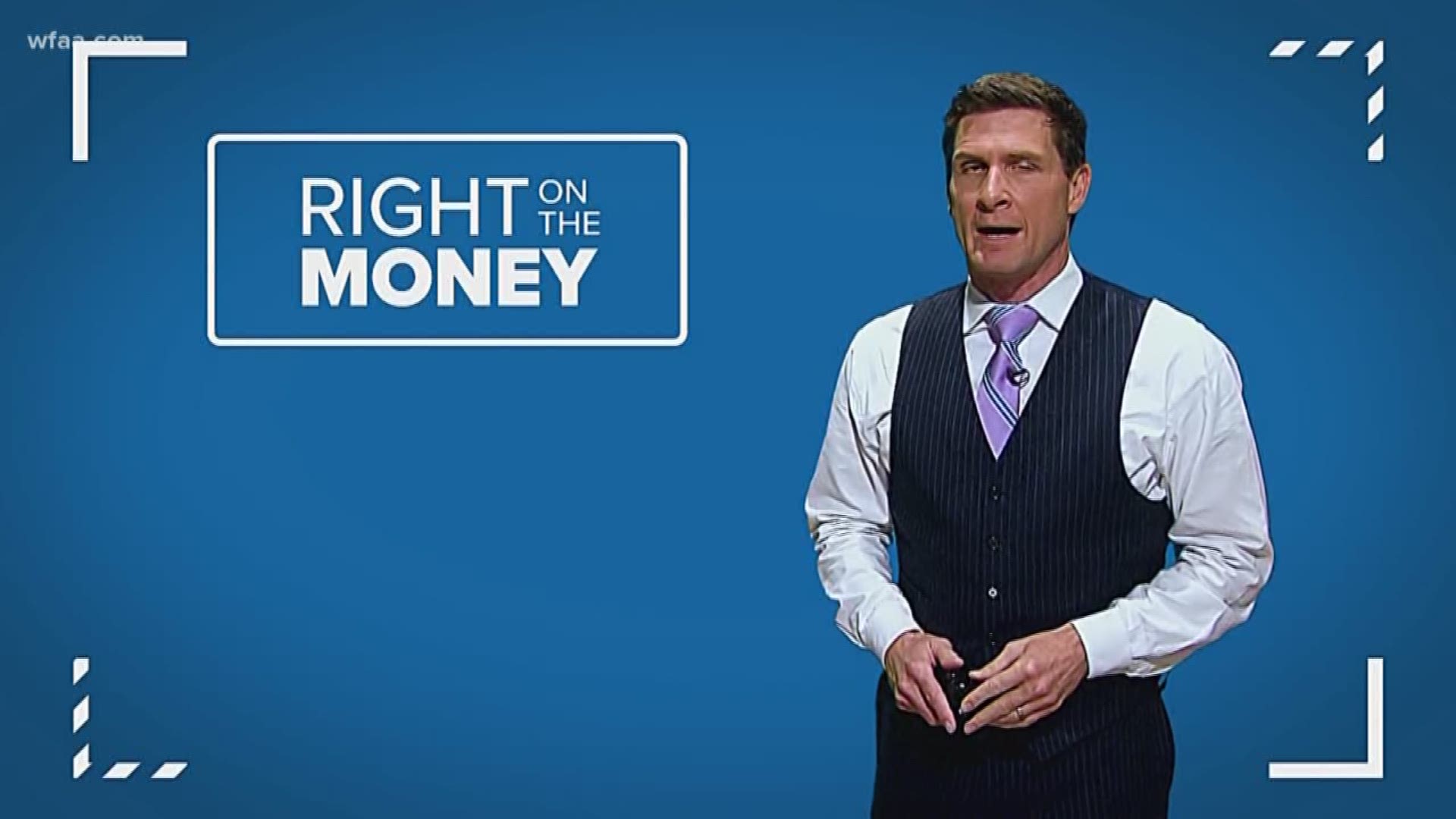The recently passed COVID-19 federal economic relief payments, commonly known as "stimulus checks," have started to go out. Many people have expressed concern that the IRS doesn’t have their direct deposit bank information, in many cases because they have had to pay a balance due instead of receiving refunds in recent years when they wiled taxes.
Well, the IRS is launching an online tool where Americans can enter bank details and get their check electronically instead of having to wait potentially weeks for it to arrive in the mail.
Payments will start being automatically distributed this week to those who filed tax returns for either 2019 or 2018 and chose direct deposit for their refund, according to the IRS.
The agency said Friday that it is launching a new web tool that will show when people can expect their payment. The "Get My Payment" tool will "provide people with the status of their payment, including the date their payment is scheduled to be deposited into their bank account or mailed to them."
The IRS said the new online tool will also let eligible people submit bank information, if they haven't already, so they can get their payment quicker than waiting for a paper check in the mail.
"Get My Payment" will be on IRS.gov should be available for use by Friday, April 17.
It is understandable that so many are worried. Millions of people have lost their jobs in the last month. Unemployment benefits have been painfully slow to get started for many of those people missing their paychecks. A lot of people are feeling financially desperate.
When Magnify Money conducted a survey last month asking Americans how they will spend the stimulus money, the top two answers were buying groceries (45% of respondents) and paying bills (43% of respondents).
And a lot more federal help will likely be needed. Over the weekend, we heard from the Federal Reserve president Neel Kashkari in Minneapolis saying that V-shaped recovery — where we would bounce right back economically right after the worst of this health crisis — looks unlikely right now. Barring a medical miracle, he warned that perhaps for the next 18 months, Americans should be prepared for this virus to flare back up in places, forcing us to close back down parts of the economy.
More Right on the Money:
- Right on the Money: How to find out if you're getting a payback from your car insurance provider
- Right on the Money: Working from home? Consider yourself lucky
- Right on the Money: Here's how renters could save a little money right now
- Right on the Money: Here's how to apply for unemployment benefits in Texas
- Right on the Money: Coronavirus and the airline industry

